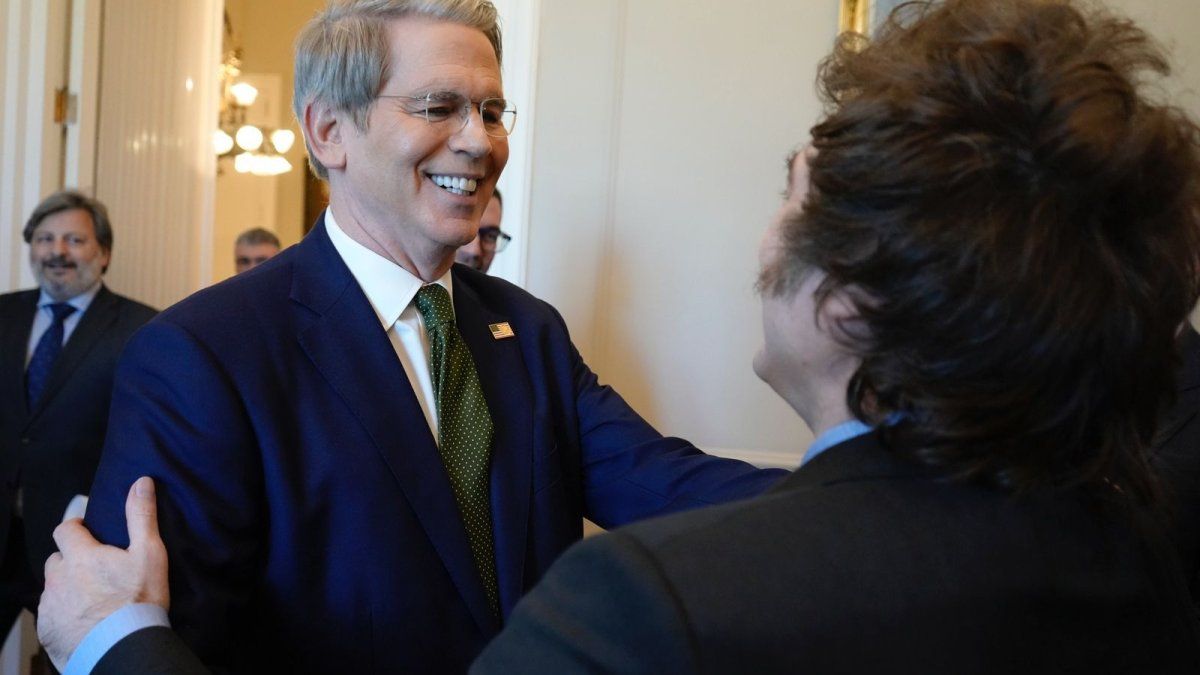The German trade association would like to continue the collective bargaining dispute with the Verdi union at the federal level. Rounds of negotiations at the state level would “no longer make sense”.
In the deadlocked collective bargaining dispute in the retail sector, the German Trade Association (HDE) is calling on the Verdi union to hold top-level talks at the federal level. “After around 60 negotiation dates in the last six months, it is clear that we have to find a new level with our social partner,” said HDE collective bargaining manager Steven Haarke.
“The aim of the meeting is to reach an agreement on a new, effective negotiation format.” Until then, the trade associations would no longer see any point in further rounds of negotiations at the state level.
2.50 euros more per hour
For months, Verdi and employers in the 16 federal states have been fighting for higher wages and salaries for millions of employees. Collective bargaining is carried out separately for retail and wholesale trade and has so far been conducted at the state level.
Verdi is demanding, among other things, at least 2.50 euros more per hour in retail in all regions and a term of twelve months. Depending on the federal state, there are additional requirements.
According to their own statements, the employers are offering an increase in collective wages of at least ten percent in two stages as well as an inflation compensation bonus of 750 euros. The term should therefore be 24 months.
Verdi not satisfied
The HDE had already intervened in the conflict a few weeks ago and recommended that companies increase wages before an official collective bargaining agreement. According to a decision by the HDE collective bargaining committee, companies bound by collective agreements have had the opportunity since October 1st to “pay out voluntary, creditable advance increases of 5.3 percent,” it said. The Rewe Group and some other trading companies, among others, followed this recommendation.
Verdi rejected the HDE’s proposed wage increase as too low. “That’s 92 cents an hour for a saleswoman, and that means a loss of real wages. The employees already receive very low wages, and the inflation of the last few months is eating up wages,” said union leader Frank Werneke in mid-September.
Source: Stern




